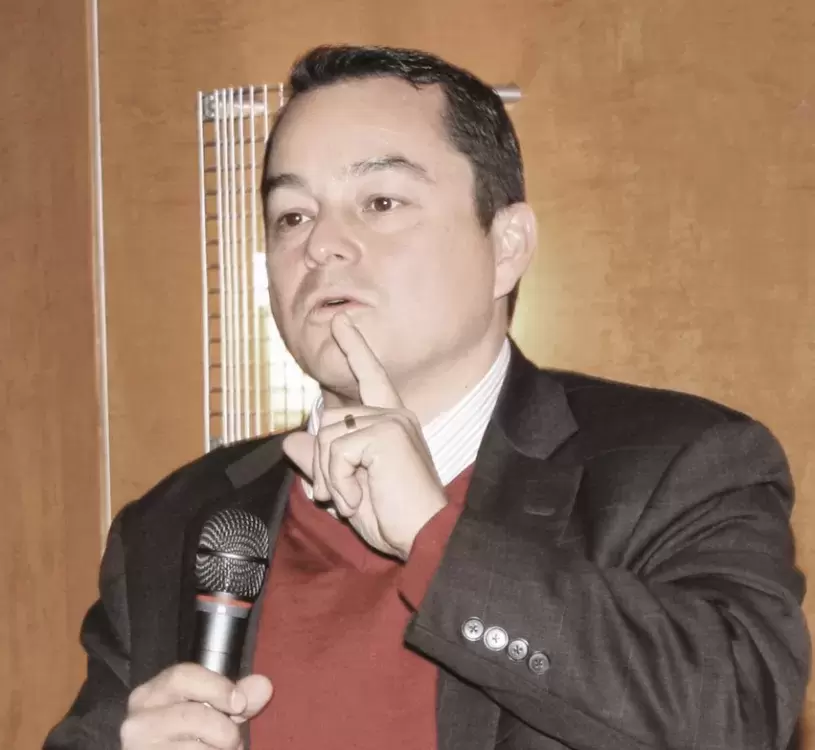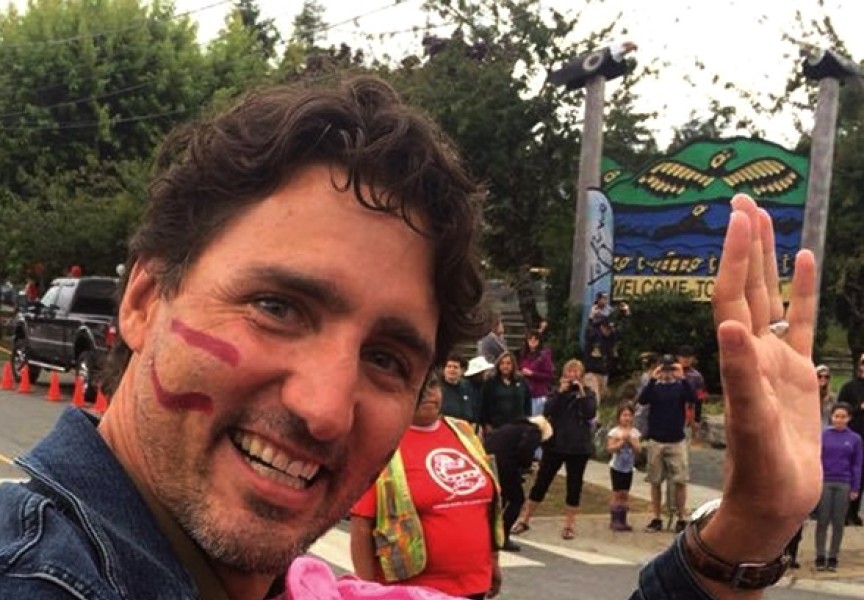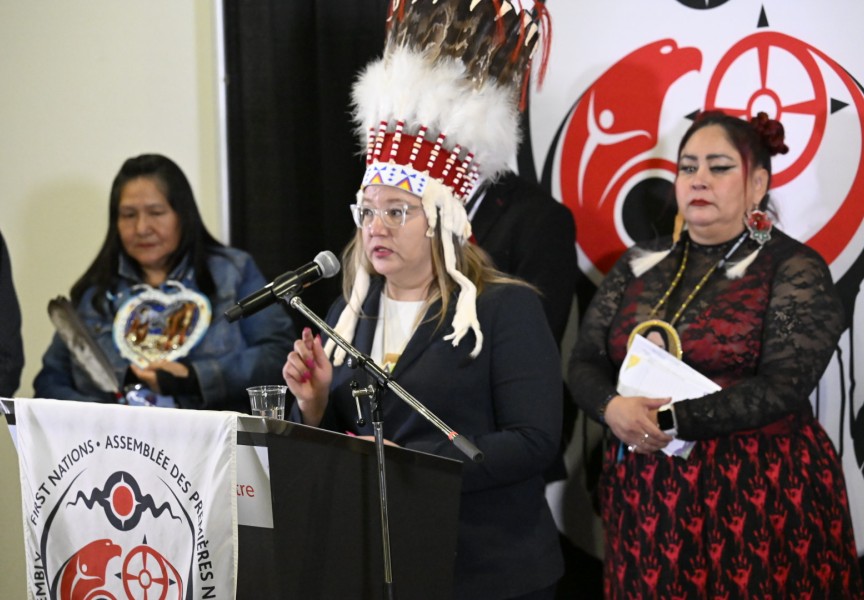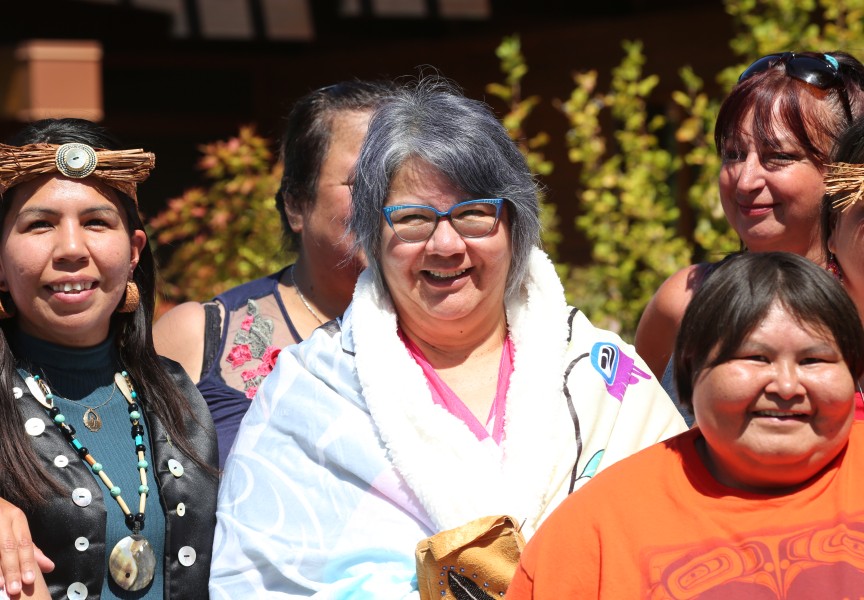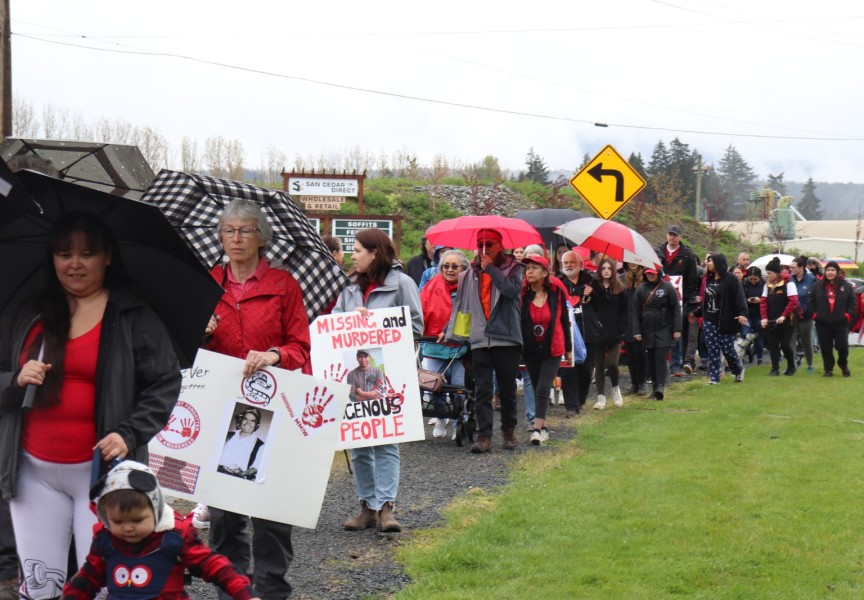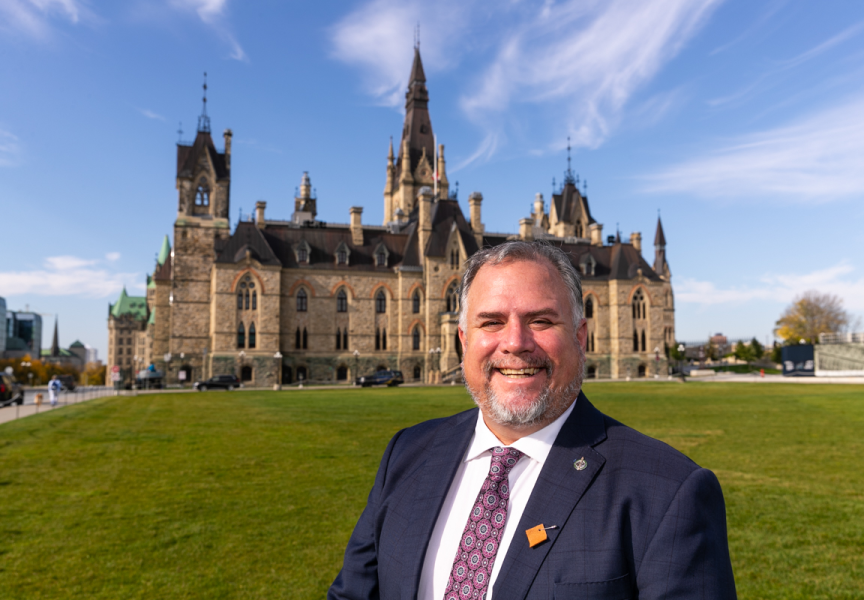Assembly of First Nations National Chief Shawn A-in-chut Atleo said the majority win for the Conservative Party at the polls on May 2 will be viewed by some First Nations people with fear, suspicion and even anger.
What will Prime Minister Stephen Harper do with his long-awaited majority government is the question on many people’s minds. And which First Nations issues, if any, will become priorities on the federal agenda? This seems to be the concern now for First Nations leaders.
The federal political landscape was changed in dramatic fashion on election day, with voters turfing all but a handful of Bloc Quebecois MPs, decimating the Liberal Party by relegating it to third-party status with only 34 seats in the House (down from 77), and sweeping Jack Layton’s New Democrats into the role of Official Opposition with 102 seats won; a historic high for the party.
More importantly, however, are the 167 seats won by the Conservative Party, giving them a comfortable majority after two Harper-led minority governments in which the Conservative agenda was tempered with the compromises and deal-making required to survive the four-party environment.
It has been a belief among many First Nations people that the Harper government has, at best, been uninterested in dealing with the myriad First Nations’ complaints in such areas as education, health and safety, and housing, or, and perhaps much worse, has been awaiting a day when it can unleash a hidden agenda in which First Nations could find themselves under attack.
But Atleo is determined to hold Prime Minister Stephen Harper to his commitments, as laid out in a letter to the AFN in December 2010 in which the PM promised a Crown/First Nations Gathering and input on education reforms.
Atleo spoke to Aboriginal reporters on May 3 to answer the ‘what now?’ questions on people’s minds. Atleo said he had spent one hour in a meeting with the AFN national executive about the election results, and their conclusion was that the AFN works with governments and not political parties, so it’s time to get back to work.
Atleo congratulated Harper and the NDP on their significant accomplishments, and also Elizabeth May of the Green Party, who broke through the federal three-party system to win a seat in the House at the expense of Conservative Cabinet Minister Gary Lunn.
When discussing how the First Nations agenda played out during the campaign, Atleo framed the experience with such words as “frustrating,” a “challenge” and a “struggle.” He admitted that during the early part of the campaign the First Nations agenda played no part in the national discussion. And while the AFN struggled to push First Nations issues into the spotlight, the agenda just didn’t resonate with the parties or the voters.
During the national debates, there was scant mention of First Nations concerns. The Conservatives didn’t even send a representative to the town hall meeting organized by the AFN.
Jack Layton released an Aboriginal platform for the NDP, and many assume that the left leaning party’s new role in opposition will help balance out a Conservative agenda, but the reality may be that the NDP, despite its great success on May 2, will actually have less power than it did in the previous minority government. And many believe that it was the NDP that threw the Kelowna Accord under the bus when a Paul Martin Liberal government was defeated in 2005, so there are questions of credibility to be concerned with.
Atleo said that despite the “concerns” and even “anxiety” being felt by others about a Harper majority, the national chief is harboring hope that the Conservatives and NDP can work together with the AFN over the next four years of the mandate to deal with First Nations issues.
It is the role of the national chief, said Atleo, to pursue a commitment from the PM that the promises in the letter will be honored. And for his part, Atleo commits to work with all parliamentarians as they head back to The Hill.
Atleo even mused that maybe a majority government could actually be a good thing for First Nations, with work moving along quicker through the federal process, though history teaches us, he said, that during the eras of Conservative governments the overall theme of the work done on First Nations issues has “not been transformative.”
When asked if he expects that Conservative MP Kelly Block’s private members bill on First Nations Financial Transparency will come back for debate, Atleo said he expects that “accountability” will be a focus for the new government.
What is hoped for, however, he said, is that the government will work with the AFN and First Nations leaders to improve the accountability of First Nations governments to their citizens rather than the accountability of First Nations governments to Indian and Northern Affairs.
Atleo is looking for ways to jointly approach many issues facing First Nations people. And he’s confident that treaty, title and international Indigenous rights, as well as well-articulated and compelling arguments will help persuade a Conservative government to partner up with the AFN.
He acknowledged the Conservative government’s residential school apology in 2008, and the, albeit, “tepid” endorsement of the United Nations Declaration on the Rights of Indigenous Peoples. So there is a foundation on which to continue to build the relationship.
“We know the challenges. We need a willing partner,” Atleo said.
And he needs the attention of the Canadian public, to “change the dynamic that our issues are not relevant.”

